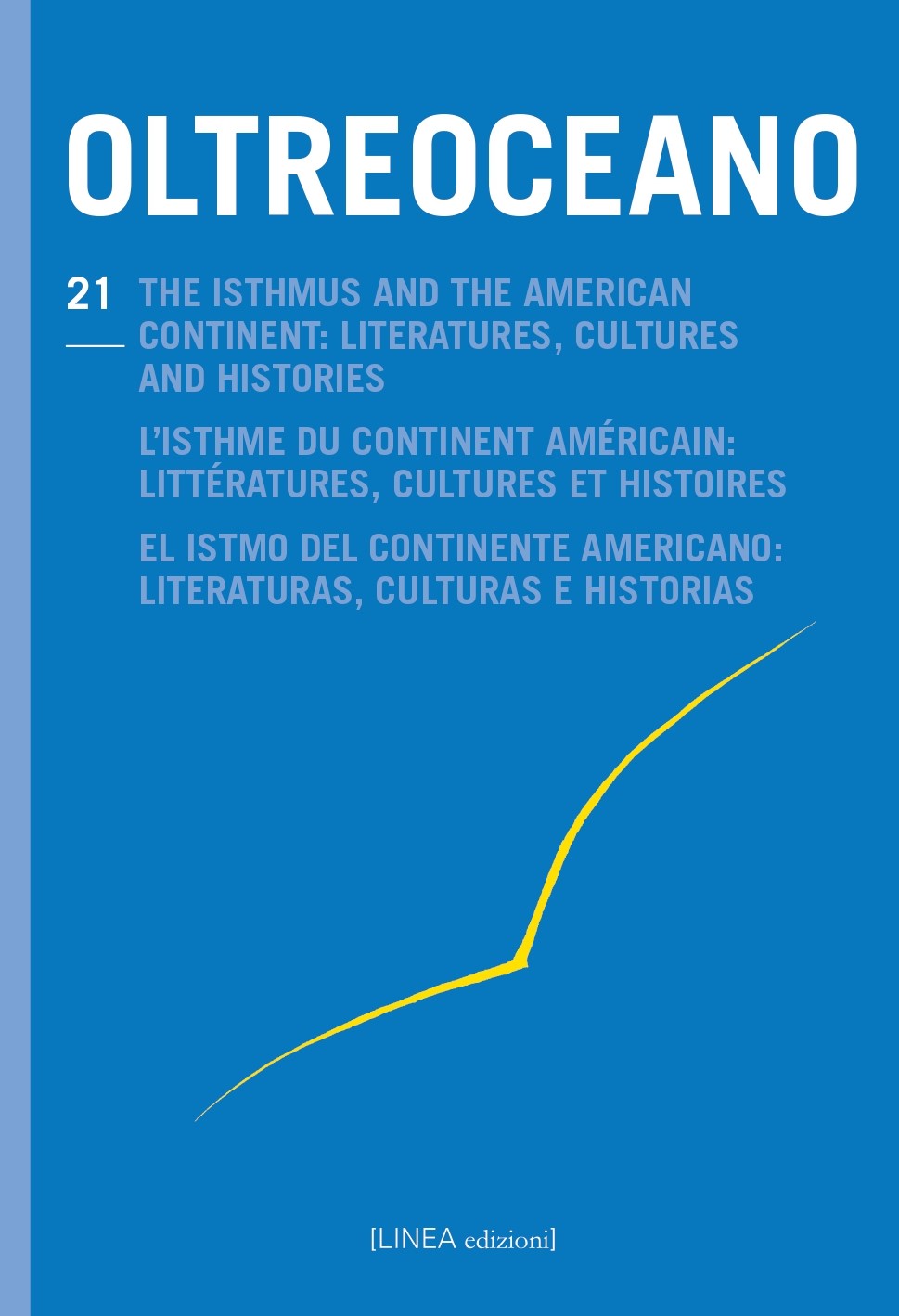Women voices in History to Gisèle Pineau
Keywords:
women, voices, history, writingAbstract
Slavery, which lasted four centuries, traumatised French West Indians dispossessing them of their past and their collective memory. Economically and psychologically dominated, they lost their identity and were deprived of their freedom. Contemporary French West Indian women writers’ literary works constitute an ideal context for examining the questions of history of slavery. Gisèle Pineau, a Guadeloupean writer, has set herself the goal of exploring the memory of silenced women in order to rewrite and reinterpret this historical period.
The aim of this article is to understand how the author re-introduces women into the history by giving voice to their personal experiences. This is a way to reinterpret and deconstruct the long-held narrative regarding that period of slavery. This return to the past represents a necessary step to regain a collective memory. Women described in the literary works of Gisèle Pineau do not only seek to find their roots but also to understand their current life. Her work is considered as poetics of wandering in which a new vision of the world is possible from a woman’s perspective.
Downloads
References
Anglade, C. & Simasotchi-Brones, F. (2003): Planter mes racines dans la terre créole déracinée pour l’éternité. Tiré de www.remue.net. (Consulté le 06/12/2021).
Boustani, C. & Jouve, E. (2008): Des femmes et de l’écriture. Le bassin méditerranéen. Paris: Karthala.
Cottenet-Hage, M. (1995): Penser la créolité. Paris: Karthala.
D’Orlando, N. (2019): La matrice de la mémoire: non-maternité et traumatisme dans L’Espérance-macadam de Gisèle Pineau. Sextant, 36. Tiré de https://journals.openedition.org/sextant/397 (Consulté le 17/07/2022).
Duff, C. K. (2008): Univers intimes. Pour une poétique de l’intériorité au féminin dans la littérature caribéenne. New-York: Peter Lang.
Glissant, E. (1990): Poétique de la relation. Paris: Gallimard.
Glissant, E. (1997): Le discours antillais. Paris: Gallimard.
Gyssels, K. (1996): Filles de Solitude. Essai sur l’identité antillaise dans les [auto-]biographies fictives de Simone et André Schwartz-Bart. Paris: L’Harmattan.
Mulot,S. (1997): Le mythe du viol fondateur aux Antilles françaises. Ethnologie française, 10, 3, pp. 517-524.
Pineau, G. & Abraham, M. (1998): Femmes des Antilles: Traces et voix. Paris: Stock.
Pineau, G. (2007): Mes quatre femmes. Paris: Philippe Rey.
Rice-Maximin, M. (1998): Karukéra. Présence littéraire de la Guadeloupe. New-York: Peter Lang.
Simasotchi-Brones, F. (2004): Regarder pour demain l’espérance. Tiré de https://remue.net/Une-etude-de-Francoise-Simasotchi-Brones. (Consulté le 06/12/2021).
Schwab, G. (2010): Haunting Legacies: Violent histories and Transgenerational Trauma. New-York: Columbia University Press.
Downloads
Published
How to Cite
Issue
Section
License

This work is licensed under a Creative Commons Attribution-NonCommercial-ShareAlike 4.0 International License.
The authors undertake to comply with the following conditions, which are considered accepted at the time of submission of their contributions.
The sending of a text implies that it is unpublished and not submitted to be published elsewhere.
1. If accepted, the author shall confer on the publisher the right to publish and distribute it both in paper form and in the online electronic edition. The published articles will be downloadable and made available in open access.
2. Provided that it correctly indicates that the first publication took place in the journal Oltreoceano. Rivista sulle migrazioni the author has the right to: a) reproduce the article in separate extracts or collected in a volume; b) publish the article on their personal website or teaching site provided that these sites are of a non-commercial nature; c) deposit the article in online archives of a non-commercial nature, linked to the institution they belong to or as part of projects for the non-commercial dissemination and open access of scientific works.
The use of contributions by third parties, for commercial or otherwise unauthorized purposes, is not allowed. The publisher declines all responsibility for the unauthorized use of the material published in the journal.












